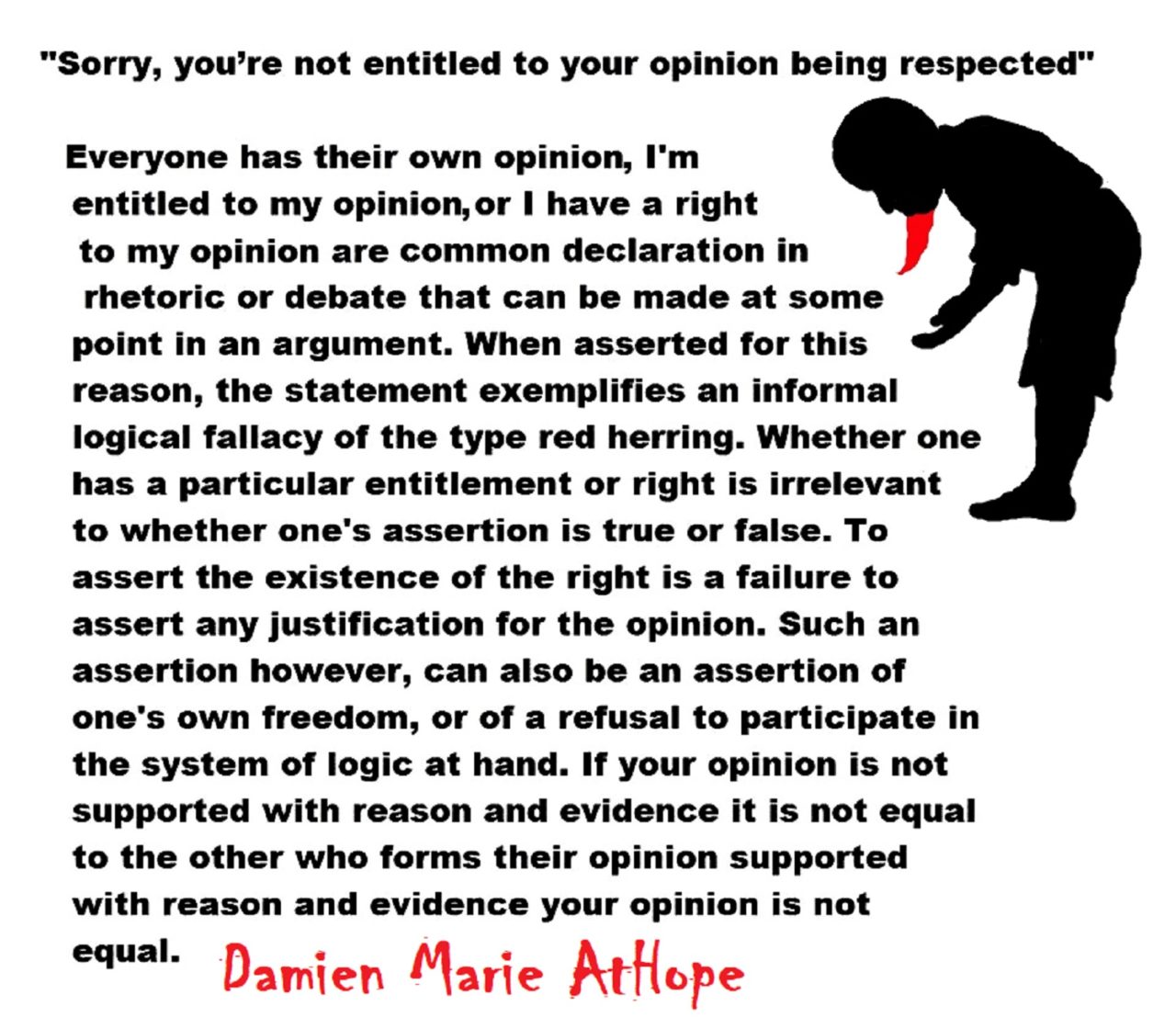Axiological Neutrality: The Principle Of Value-Free Inquiry
Axiological neutrality is a principle that guides research and inquiry, ensuring objectivity and reducing bias. Embracing this principle can lead to more accurate and reliable findings, fostering a deeper understanding of complex issues.
Researchers often struggle with personal biases and preconceptions that can influence their interpretations and conclusions. Axiological neutrality aims to address these challenges by advocating for value-free inquiry, where researchers strive to set aside their personal values and beliefs to present information objectively.
Axiological Neutrality: The Principle Of Value-Free Inquiry
Axiological neutrality is a fundamental principle in research and inquiry that seeks to eliminate biases and preconceptions from the research process. It encourages researchers to approach their work with an open mind, free from personal values and beliefs that could potentially distort their findings.

Axiological Atheism Starts in Apatheism? | Damien Marie AtHope – Source damienmarieathope.com
Axiological Neutrality: The Principle Of Value-Free Inquiry
I recall a research project I conducted on the effectiveness of a new educational program. My initial inclination was to believe that the program would yield positive results, influenced by my personal enthusiasm for the initiative. However, adhering to the principle of axiological neutrality, I meticulously analyzed the data, setting aside my personal beliefs. The findings revealed a more nuanced picture, with both strengths and weaknesses in the program’s implementation. This experience reinforced the significance of value-free inquiry in ensuring unbiased and reliable research.

On Epistemology, Objectivity and Axiological Neutrality in Science – Source www.cambridgescholars.com
Axiological Neutrality: The Principle Of Value-Free Inquiry
The history of axiological neutrality dates back to the early 20th century, when philosophers and scientists began to question the objectivity of research influenced by personal values. This led to the development of the value-free ideal, which emphasized the separation of facts from values in scientific inquiry.

Axiological Dignity: “Value Consciousness vs Value-Blindness” | Damien – Source damienmarieathope.com
Axiological Neutrality: The Principle Of Value-Free Inquiry
Despite its widespread acceptance, axiological neutrality remains a complex and often debated principle. Critics argue that it is unrealistic to expect researchers to be completely free from personal biases, and that acknowledging and addressing these biases can lead to more transparent and rigorous research. Others contend that value-free inquiry is essential for maintaining the integrity and objectivity of scientific research.

Processes | Free Full-Text | Sediment Carbon Sequestration and Driving – Source www.mdpi.com
Axiological Neutrality: The Principle Of Value-Free Inquiry and Related Keywords
Axiological neutrality is closely related to the concepts of objectivity, bias, and scientific method. Objectivity refers to the ability to present information without personal biases or preconceptions. Bias refers to the tendency to favor one perspective or outcome over others, often due to personal beliefs or experiences. The scientific method is a systematic approach to research that emphasizes empirical evidence and logical reasoning.

SOEs will be treated by ‘Competitive neutrality’ principle – CGTN – Source news.cgtn.com
Axiological Neutrality: The Principle Of Value-Free Inquiry
Tips for practicing axiological neutrality include recognizing and acknowledging personal biases, critically evaluating information, seeking diverse perspectives, and maintaining a willingness to change one’s views based on evidence. Embracing these practices can enhance the objectivity and credibility of research.

Harvard President Garber Forms Groups to Explore Open Inquiry – Source preview.thecrimson.com
Axiological Neutrality: The Principle Of Value-Free Inquiry and Related Keywords
By adhering to the principle of axiological neutrality, researchers can strive for objectivity, reduce bias, and present information in a fair and unbiased manner. This leads to more credible and reliable research findings, contributing to a deeper understanding of complex issues.

While many countries like the EU, Canada, Japan, and Germany have – Source www.threads.net
Axiological Neutrality: The Principle Of Value-Free Inquiry
Fun Facts about Axiological Neutrality:
- The term “axiological” is derived from the Greek word “axios,” meaning “worthy” or “valuable.”
- Axiological neutrality is closely associated with the philosophical concept of epistemology, which explores the nature of knowledge and its acquisition.
- In some fields, such as social sciences and humanities, achieving complete axiological neutrality can be challenging due to the inherent subjectivity of the research topics.

EOS to 00 🚀 | Yup – Source app.yup.io
Axiological Neutrality: The Principle Of Value-Free Inquiry
How to Implement Axiological Neutrality:
- Identify and acknowledge personal biases through self-reflection and critical thinking.
- Seek out and consider diverse perspectives to broaden the understanding of the research topic.
- Utilize empirical data and logical reasoning to support findings and minimize the influence of personal values.

Axiological/axiology (value theory/value science) Atheism? | Damien – Source damienmarieathope.com
Axiological Neutrality: The Principle Of Value-Free Inquiry
What if Axiological Neutrality is Not Possible?
While striving for axiological neutrality is important, it is essential to acknowledge that complete objectivity may not always be attainable. However, researchers can still minimize the influence of personal biases by being transparent about their values and perspectives, and by using rigorous research methods to ensure the validity and reliability of their findings.

Axiological/axiology (value theory/value science) Atheism? | Damien – Source damienmarieathope.com
Axiological Neutrality: The Principle Of Value-Free Inquiry
Listicle: Axiological Neutrality in Practice:
- In medical research, axiological neutrality helps ensure unbiased evaluation of treatments and interventions.
- In social sciences, it fosters objective analysis of social phenomena, minimizing the influence of personal ideologies.
- In environmental studies, axiological neutrality allows for fair assessment of environmental impacts and policy recommendations.
Question and Answer about Axiological Neutrality: The Principle Of Value-Free Inquiry
1. What is the main goal of axiological neutrality?
To eliminate personal biases and preconceptions from research and inquiry, ensuring objectivity and unbiased findings.
2. Can researchers completely achieve axiological neutrality?
While complete objectivity may be challenging, researchers can minimize biases through self-reflection, seeking diverse perspectives, and using rigorous research methods.
3. Why is axiological neutrality important in research?
It enhances the credibility and reliability of research findings, leading to a deeper understanding of complex issues.
4. What are some challenges to practicing axiological neutrality?
Recognizing and acknowledging personal biases, dealing with the inherent subjectivity of certain research topics, and maintaining objectivity in the face of strong personal beliefs.
Conclusion of Axiological Neutrality: The Principle Of Value-Free Inquiry
Axiological neutrality is a fundamental principle in research and inquiry, guiding researchers to approach their work with objectivity and minimize the influence of personal values and beliefs. By embracing this principle, researchers can enhance the credibility, reliability, and impact of their findings, contributing to a deeper understanding of complex issues and fostering a more informed society.




